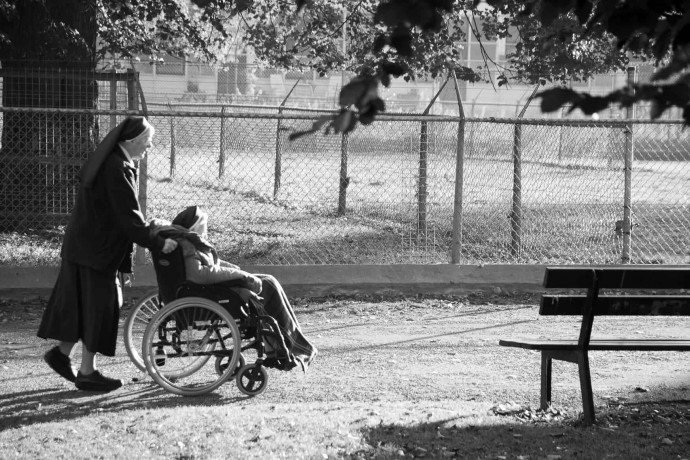In the report “How healthy is mental health care in Belgium?” Itinera charts the deficiencies of mental health care. Mental illnesses are the primary cause of invalidity in Belgium, 27% of long term absenteeism is related to mental issues and life expectancy of psychiatric patients is on average 15 year shorter.
One in two patients does not receive care, only 25% receives appropriate care. Care provision occurs often too late. On a global scale, Belgium remains in the lead of admitting patients to residential care organizations. Belgium falls behind and needs to step up policy action urgently.
Itinera recommends fundamental reforms of the financial structure of mental health care, to integrate care in society as an alternative for residential stay, to position quality of care centrally within the self interest of all actors, to encourage early detection and to address existing prevention and care needs.
The quality of care for our mental wellbeing can be further improved. Some numbers:
- Three suicide each day = top three of Europe
- Almost 20% use of psycho pharmaceutical drugs
- Flanders shows a remarkably high readmission rate within 30 days in psychiatric hospitals: 25% in patients with schizophrenia, 20% in patients with manic-depression
- The problematic consumption of alcohol is 10% and on the rise
1. Reform payment of care with emphasis on quality and networking. Implement a system of justified days, as found in general hospitals.
2. Address the unintended consequences of the current patient fee system in mental health care.
3. Reinforce the specific training and referral mechanisms in primary care.
4. Convert one third of the resources of current residential ‘beds’ into alternatives in line with the philosophy of Article 107. Gather all partners around the table who are currently not involved.
5. Reform healthcare staffing with task shifting and differentiation of functions.
6. Break the silos in mental health care that are sometimes more present than in other care sectors, with the aid of care trajectories, and continued, coordinated care, generating a protective effect.
7. Make central players in the areas of the broader education system and employers accountable for their roles.
8. Reinforce forensic psychiatry and the care for psychiatric patients in penitentiary. Put this forward as the first priority with a more comprehensive approach than the creation of two additional specialized centers.
9. Focus on positive activation and support, combined with encouraging instead of deterring incentives. Redefine roles accordingly.
10. Strengthen ICT, innovation and research in mental health care with a predefined role of FWO, IWT, etc.




